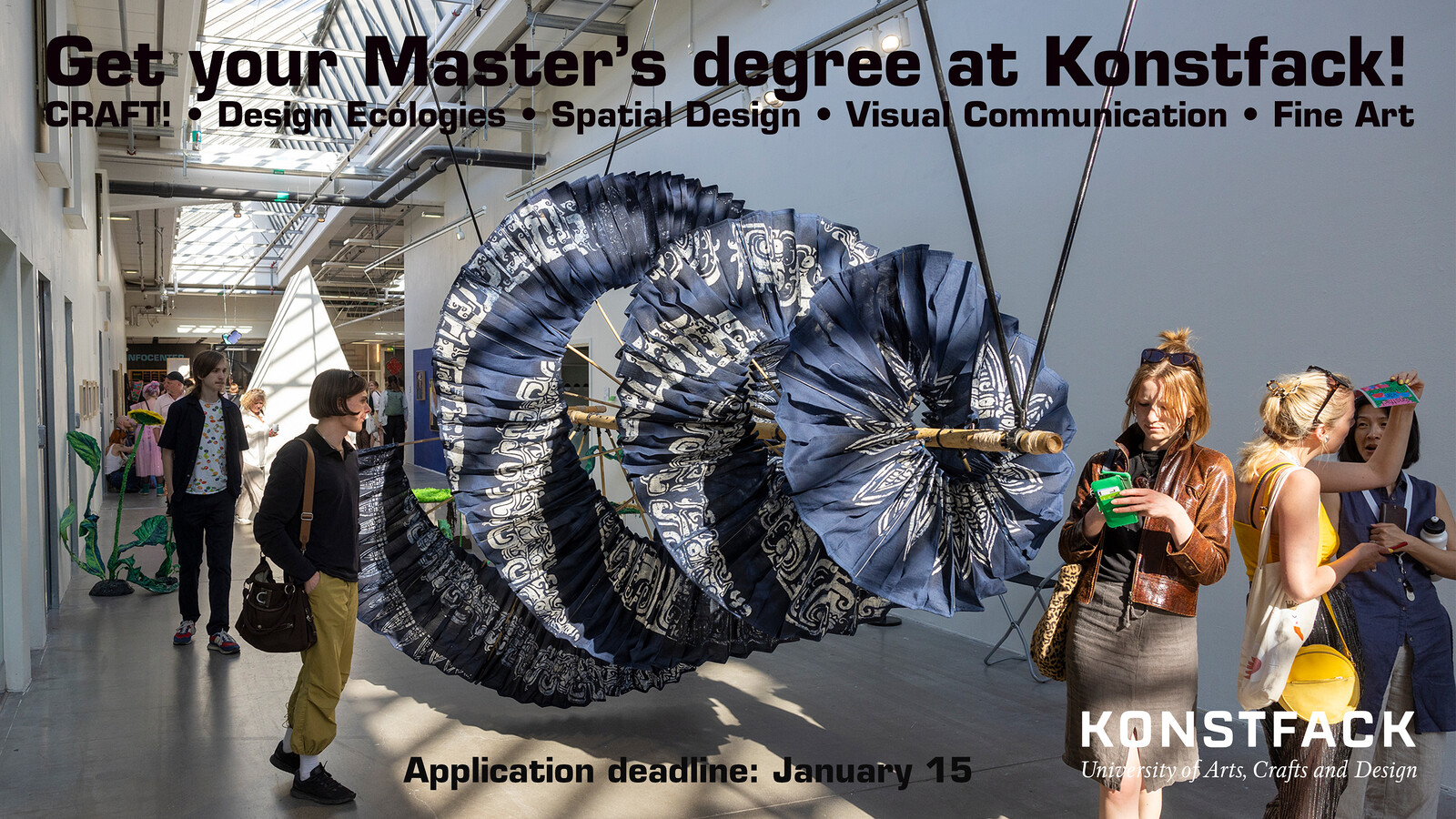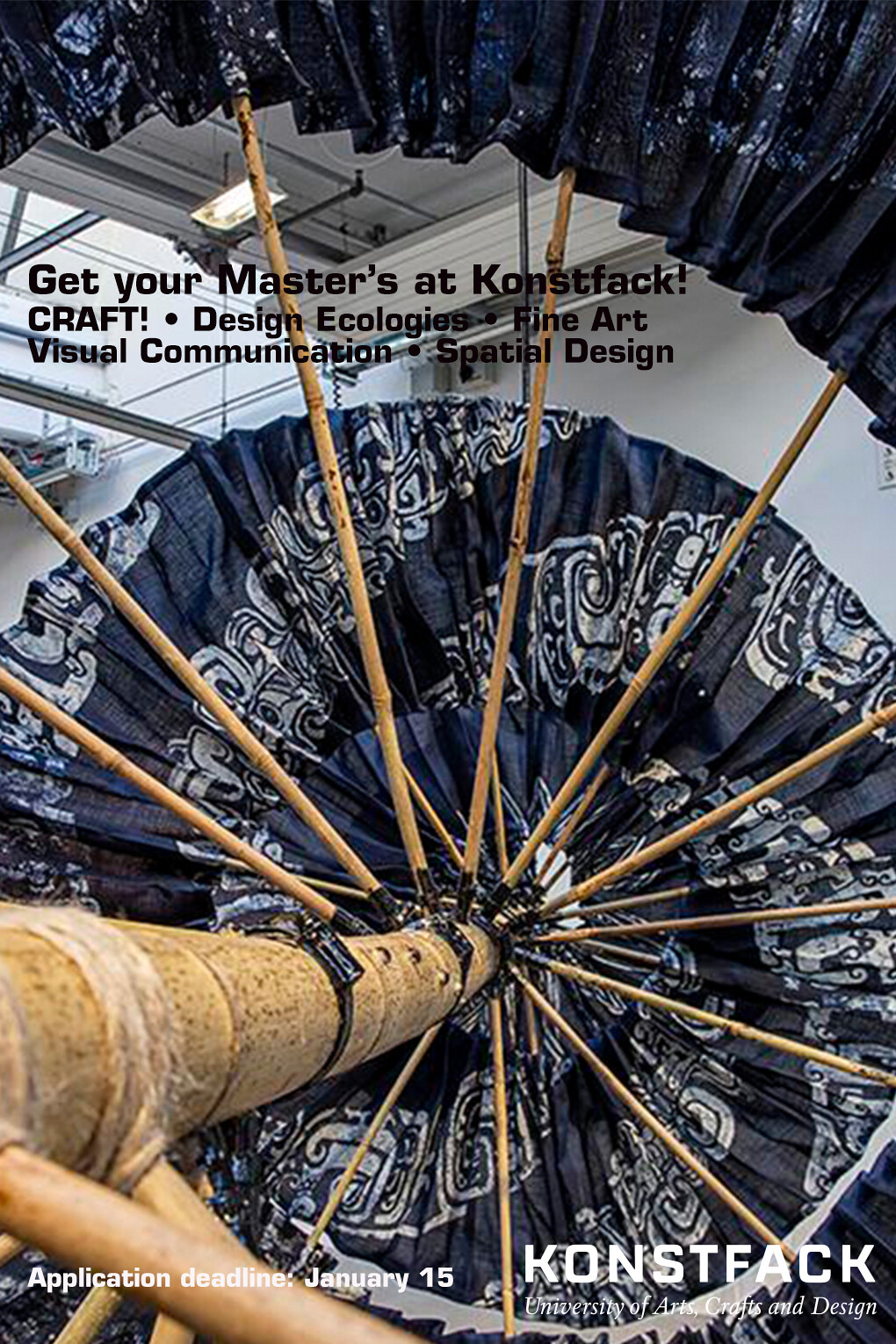Sanja Iveković – Franco Vaccari
The Opening
20 February–30 April 2015
Opening: 20 February, 6pm
Talk: 20 February, 4:30pm, with artists and Marco Scotini
MAMbo, Via Don Minzoni 14, Bologna
P420
Piazza dei Martiri, 5/2
40121 Bologna
Italy
T +390514847957
M +393205635213
info [at] p420.it
Almost 40 years since their last exhibition together, Franco Vaccari (b. 1936, Modena) and Sanja Iveković (b. 1949, Zagreb) meet again in the exhibition The Opening at Galleria P420 in Bologna.
The opening—Friday 20 February at 6pm, with the artists present—will be introduced at 4:30pm by a conference at the MAMbo (Via Don Minzoni 14) with Sanja Iveković and Franco Vaccari, moderated by Marco Scotini.
The important vanguard work of these two artists, both already active in the 1970s, has gone beyond the concept of performance to develop a new definition of the happening based on dialogue between the artist and the audience, activated from this point on as a fundamental agent in the invention and implementation of the work. The passive role of the viewer gives way to total engagement that “reactivates the processes of socialization and relation.”
Franco Vaccari writes, “The work develops in relation to how the viewer/participant, suddenly emancipated from the status of a mere observer, receives it and reacts to it, contributing to determine its form and meaning.”
The space becomes that of the gallery, the time that of the opening, in which everything is resolved, from the creation of the exhibition to the definitive experience of the work.
Franco Vaccari, from the start of his career, has enacted a process of emancipation of the individual subject with respect to the whole. He uses photography not only as the indicator of a presence, but also as a tool that permits recognition and construction of the single individual in the time of development of the work. It is precisely the artist, momentarily concealing his own presence, that allows the work to be realized through the awareness in the individual or his or her existence in a given place at a specific time. The Esposizioni in tempo reale (Exhibitions in Real Time) of Vaccari do not stage a script in which the viewer is relegated to a passive role, but an action in a state of becoming whose main dimension is therefore that of reception. These works “in real time,” conceived and made by the artist starting in 1969, are therefore not predictable and can be potentially infinite, characterized by the ongoing mutation of relationships.
The exhibition includes Esposizione in tempo reale num.1, Maschere (Masks, 1969), Esposizione in tempo reale num.5, Spazio privato in spazio pubblico (Private Space in Public Space, 1973), Esposizione in tempo reale num.6, Il cieco elettronico (Electronic Blindness, 1973) and Esposizione in Tempo Reale num.7, Mito Istantaneo (Instant Myth, 1974).
Engagement also forms the basis of the works of Sanja Iveković, the Croatian artist who, starting in the 1970s, has developed a pioneering practice that approaches questions about female identity and the politics of power and consumption that lie beneath the collective dimension. The artist involves viewers in different ways, through various forms of stimulation, proposing a development of the work that once again is not determined a priori, which in a more or less extensive time frame determines a close relationship with the audience, involved on an intimate, emotional level.
The exhibition presents Inaugurazzione alla Tommaseo (Opening at the Tommaseo, 1977), where visitors were asked to make true physical contact with the artist; Inter nos (1978), in which the artist-viewer relationship was mediated by the technology of a video device; and First Belgrade Performance (1978), in which the artist bridges the distance from the audience to the point of triggering spontaneous, self-sustaining relations; and Meeting Points (1978) in which the meaning of the action itself changes, simply due to the presence of the audience.
The exhibition has been organized with Espaivisor gallery, Valencia.
The exhibition will be accompanied by a catalogue curated by Marco Scotini.
Sanja Iveković (b. 1949, Zagreb) graduated from The Academy of Fine Arts of Zagreb. Her art production has spanned a range of media such as photography, performance, video, installations and actions in the public domain since the 1970s. She belongs to the artistic generation which emerged after 1968 and was raised in Socialist Federal Republic of Yugoslavia whose post-object art was usually covered by the umbrella term New Art Practice. Ivekovic’s work is marked by the critical discourse with the politics of images and body. The analysis of identity constructions in media as well as political engagement, solidarity and activism belong to her artistic strategies. In the Yugoslav/Croatian art scene she was the first woman artist to express a clearly feminist attitude. In 1973 she started to work with video. Her work from the 1990s deals with the collapse of socialist regimes and the consequences of the triumph of capitalism and the market economy over living conditions, particularly of women. In the late eighties she was a founder and a member of a number of women’s non-government organizations in Croatia such as Elektra Women’s Art Centre, The Centre for Women’s Studies, B.a.B.e – the women’s human rights group.
She has been awarded the grants by the instiutions such as the Canada Council Grant for Visiting Artists (1979, 1982, 1994); The Arts Link Grant (USA); DAAD (Berlin); OCA, Oslo (2008); Recollets Paris (2009); and MAC/VAL, Paris (2012). Recent exhibitions include the participation at dOCUMENTA (13), Kassel; A Bigger Splash (2013) at the Tate Modern in London; and the solo show Sweet Violence (2011) at MoMA New York.
Franco Vaccari (b. 1936, Modena) was educated in the sciences, and took a degree in Physics. After his art debut as a visual poet, the theme of the trace and the photographic medium are two constants found throughout all his work (in Traces, 1966, he presents photographs of graffiti as anonymous found poetry). From the outset, Vaccari does not use photography to produce mimetic, analogical images, but as the imprint of a presence, a signal, a physical trace or track of a being-there. In this sense, his project for the Venice Biennale of 1972, Exhibition in Real Time no.4: Leave on the walls a photographic trace of your fleeting visit is emblematic. The position of his artwork is tangential to several areas, but what perhaps best expresses its meaning is the term “conceptual realism.” He is recognized as the inventor of the concept of “exhibition in real time,” which he has explored since 1969 in both theoretical and operative ways. Vaccari has always accompanied his artistic activity with theoretical reflections, and has also published Duchamp e l’occultamento del lavoro (1978), Fotografia e inconscio tecnologico (1979) and Duchamp messo a nudo. Dai ready made alla finanza creativa (2010).
He has shown in solo spaces at the Venice Biennale in 1972, in 1980 and again in 1993. In 2010 he participated to Strange Comfort at Basel Kunsthalle and he has been invited to participate at the Gwangju Biennial in Korea. In 2012 he participated in Derrière le Rideau – L’Esthétique du photomaton (behind the curtain, the beauty of the photobooth) at Musée de L’Elysée, Lausanne. Finally, 2013 is the date of a solo show at the Mostyn Museum, and 2014 of the solo show Rumori telepatici at Fondazione Morra Greco in Naples.


